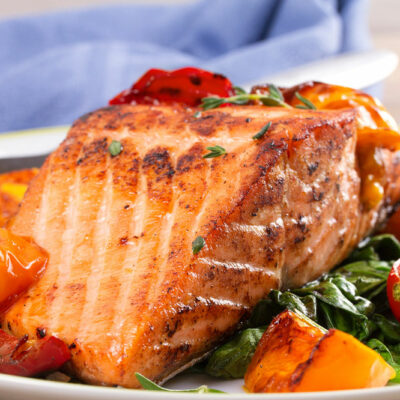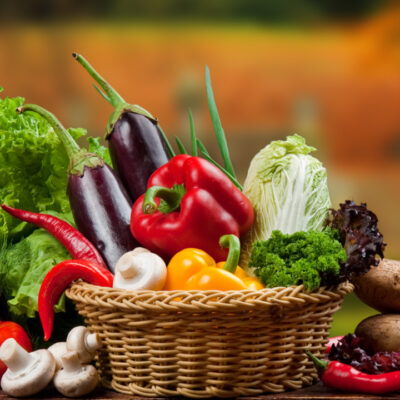
7 Foods to Help Manage Hyperhidrosis
Manage hyperhidrosis by following this diet plan
It is normal to sweat after an intense workout, during any physical activity, or in the summers. However, experiencing excessive sweat without any trigger could mean that you have a condition called hyperhidrosis. Although people opt for medications and surgeries, there are various diet plans that can minimize sweat production. Read on to know about foods that can help you form a perfect diet to manage hyperhidrosis.
- Consume water-dense fruits and veggies – A lot of times, people struggle to consume eight glasses of water, between their coffee breaks and evening drinks. However, you no longer have to worry about that as you can incorporate water-dense fruits and veggies in your diet. These include cauliflower, red cabbage, eggplant, and spinach. Such foods keep you hydrated and ease digestion, reducing sweat.
- Calcium-rich foods – While planning your diet to manage hyperhidrosis, you must not forget to add calcium-rich foods. Calcium helps maintain body temperature and reduces sweat. To get your daily dose of calcium, you can add milk to your cereals, put cheese in your eggs, and consume yogurt.
- Olive Oil – Olive oil is another excellent choice when it comes to strengthening the digestion process and increasing metabolism rate. You can simply include it in your everyday meals to prevent an increase in body temperature and sweat.
- Almonds – If you are trying to plan a diet to manage hyperhidrosis, then you must include almonds. Packed with magnesium, almonds boost digestion and strengthen the immune system. Along with them, pumpkins, soy, and spinach are other magnesium-rich foods that you can add to your diet.
- Bananas – Bananas are loaded with potassium, which is an electrolyte that keeps the body hydrated. Along with potassium, they also contain magnesium, vitamin B6, and other nutrients that promote calmness and good digestion. You can consume them directly or can add them to your fruit salads.
- Oats – To follow a highly effective diet to manage hyperhidrosis, you need to make oats an essential part of your meals. High in fiber and low in fat, these not only keep you full for long but are also easily digested by your stomach. This way, your body does not have to work hard and produce sweat to cool down.
- Whole grains – Whole grains contain vitamin B that allows the body to put in less effort to digest. Less effort means less heat, which further results in a reduced amount of sweat. Also, the grains help lose and control body weight, as excessive body weight can cause hyperhidrosis.
Sweating is normal, but when it becomes sudden and excessive, you may have hyperhidrosis. Mentioned above are some of the best foods that can help create a healthy diet to manage hyperhidrosis.


